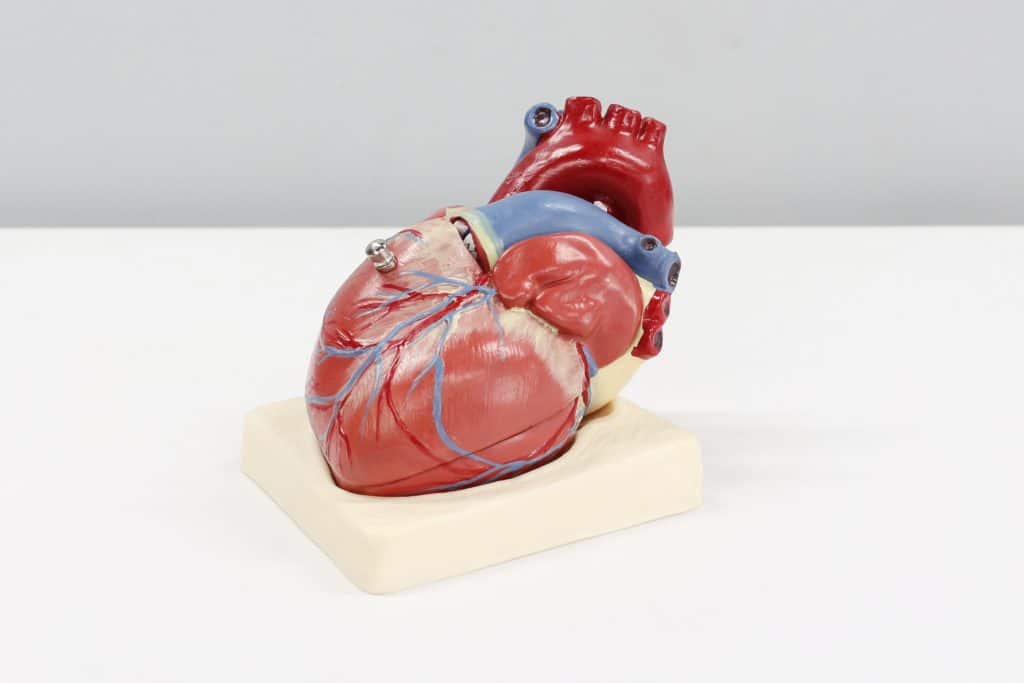5.2 million people in the USA reported using cocaine in the past twelve months, although actual figures are likely to be much higher. While other drugs such as crack, crystal meth, and heroin tend to dominate the headlines when it comes to the war on drugs, cocaine use is still a massive problem.
It took 24,538 lives in 2021 (up from 19,927 in 2020) and is continuing to rise. While cocaine is a psychological rather than physical addiction, it can act as a gateway drug to substances that do cause physical addiction. And even used alone, can cause a wide range of both mental and physical health issues, in particular damage to the heart and cardiovascular system.
Since heart problems are already the number one cause of death globally, anything that increases your risk further is something to put right. Read on to find out more, and what you can do if you’re struggling with cocaine addiction.
Acute (Short-Term) Effects of Cocaine Use
Cocaine is a stimulant, and people abuse the drug for its properties. When the central nervous system is stimulated, users feel a euphoric high- however this substance can damage the heart almost immediately, and you could have a heart attack the very first time you use the drug.
It elevates blood pressure and heart rate making you feel more alert and energetic, but these changes affect the way the heart functions. One of these changes affects ‘myocardial contractility’ which is the ability of the heart muscle to contract. The abrupt increase in pressure and extra stress on the heart muscle can lead to a sudden tear in the wall of your main artery, the aorta.
Changes in the body also decrease your heart’s ability to oxygenate your blood. Cocaine can interfere with your heart’s electrical system; when signals that tell each portion of your heart to pump in sync become disturbed, it can lead to arrhythmias, or an irregular heartbeat, and therefore heart attack.
Not only are all of these things a risk to a healthy person, but if you have an underlying heart condition you’re not aware of then using cocaine can quite literally put you on borrowed time.
Chronic (Long-Term) Effects of Cocaine Use
Even if you don’t suffer any severe short-term side effects when you use cocaine, you won’t be escaping the long-term consequences. There are many ways that this drug affects your body and your cardiovascular system in particular with prolonged use.
First of all, it causes inflammation in the layers of your heart’s muscles, which leads to muscle hardening. This can make your heart less efficient at pumping blood, and in turn, lead to life-threatening complications such as heart attack and heart failure. Congestive heart failure is a chronic medical condition that some people with a history of cocaine use develop where the heart muscle can no longer effectively pump blood. This leads to serious complications, such as organ failure. Along with increased blood pressure, stiff arteries, and thickened heart muscle walls, these are the recipe for an impending heart attack.
Which will of course be sped up further if you smoke, drink and eat the wrong foods. While cardiovascular disease and disorders are the leading cause of death already, the data shows that in people who had heart attacks under age fifty, cocaine was present in 1/10 of these. Cocaine significantly increases an individual’s risk for cardiovascular-related death.
Getting Help for Cocaine Addiction
Addiction is a complex subject. There are many reasons people turn to drugs or alcohol, from escaping trauma to a lack of education about the risks. That’s why a drug rehab center offering a treatment plan based on your personal situation is important.
For example, you might need to undergo both drug treatment and alcohol treatment as well as therapy to address the root causes of why you abuse substances. At Grand Falls, we offer a one-of-a-kind addiction treatment experience, rooted in an evidence-based, client-focused approach.
We combine detox services with psychological therapy and support to give patients the comprehensive support they need to overcome their addiction. We offer evidence-based treatment programs to help people rebuild their lives and live a life of sobriety.
A Final Word
Unhealthy weight loss, hair loss, dull skin, damage to the nose, mood disorders, and sleep issues are all symptoms many people associate with cocaine use- but the damage it does internally is far more worrying. As well as harming your liver, and brain, even causing bone density loss- the damage it causes to the heart can cause sudden and unexpected death.
None of us want our lives cut short, so it’s important to stop seeing cocaine as a fun, party, recreational drug and start seeing it for the problem that it is. If you or someone else is struggling, reach out and get the help you need.
Stop using the drug in the short term, and work to undo some of the damage that it’s caused to the body through healthy lifestyle changes and regular monitoring.

